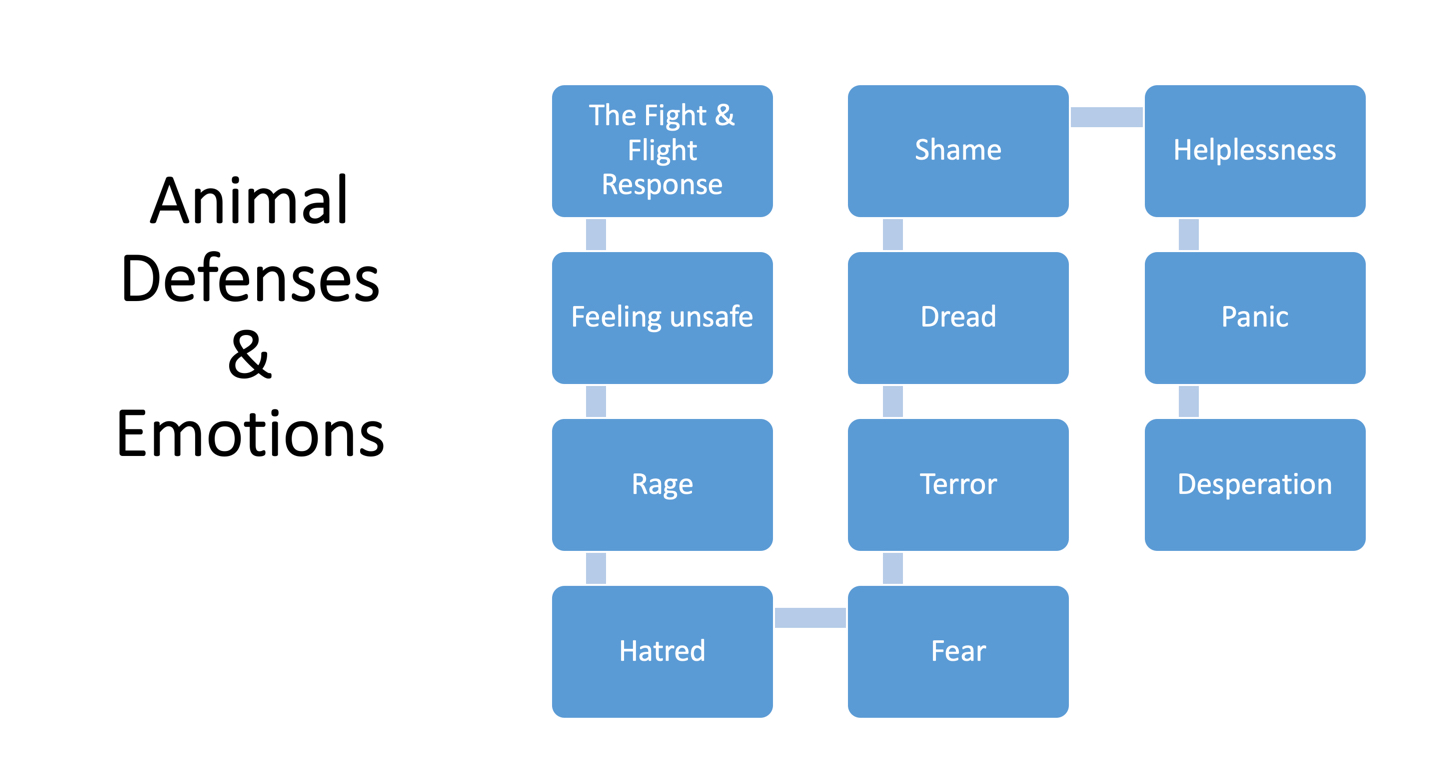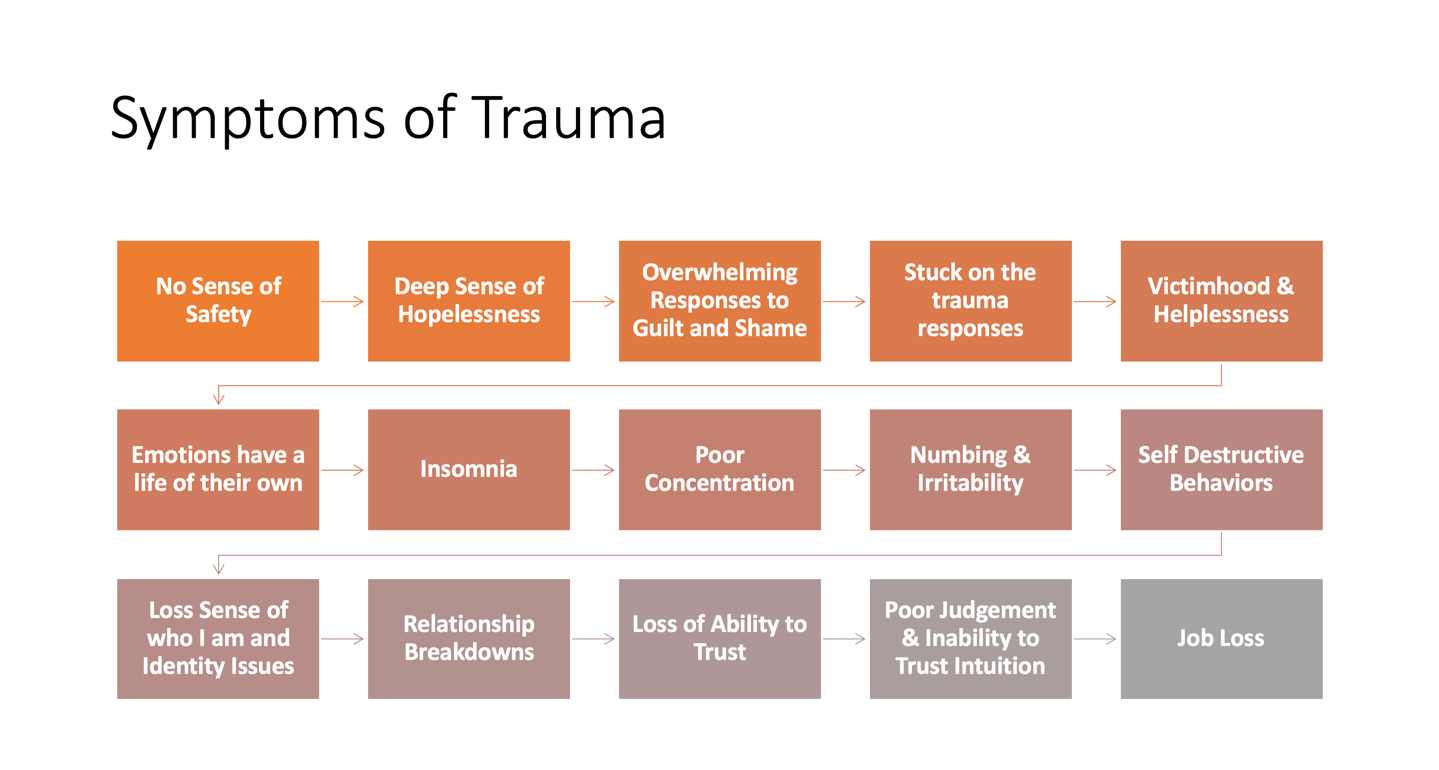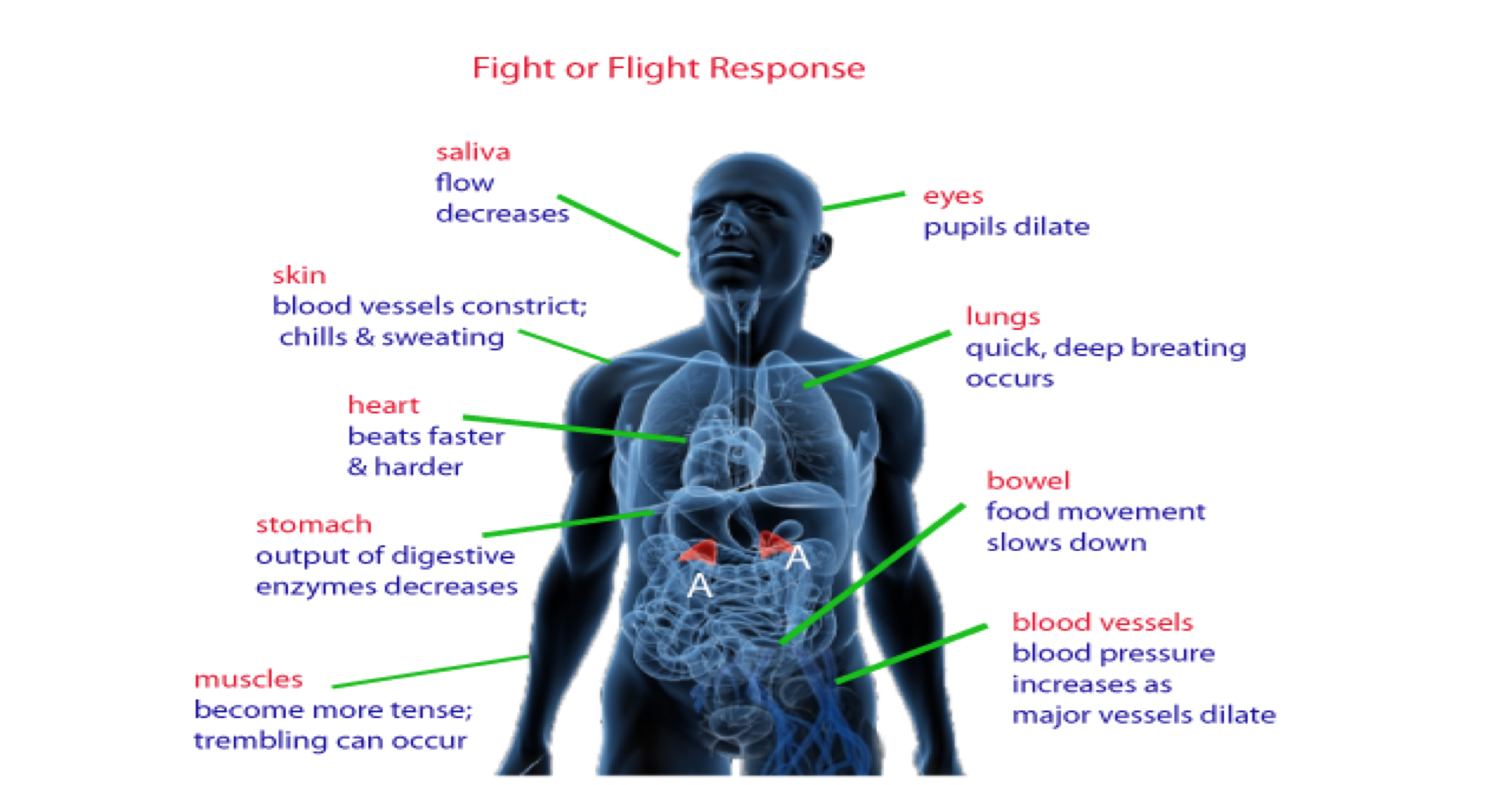Overcoming Fear: How to Deal with the Unexpected
Below you’ll find various tips on how to empower yourself + inspire others to overcome fear, as well as on how to maintain optimal emotional health during challenging time.
Live Interviews

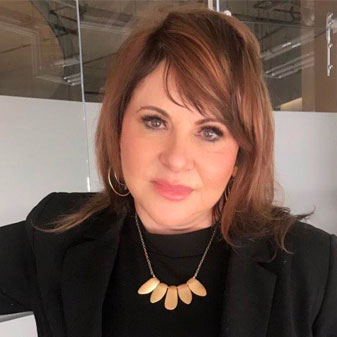
Interview with Geri Laurence, Emotional Wellness Specialist
“How to Break Free From Fear”
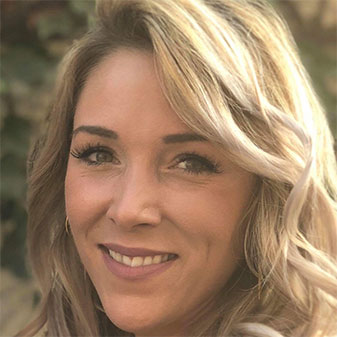
Interview with Marlyna-Rose Guerard, Program Consultant
“Be A Friend to Yourself in Times of Fear” Part 1 & Part 2
Additional Resources

How-to Tips by Ania Kastashchuk
Wash Away Fear Technique: How to Bring Your Joy and Productivity Back after PTSD
Charts Shared by Geri Laurence
Breathing Techniques: Step-by-Step (Video Tutorial) by Marlyna-Rose Guerard
Use Fear to Save Your Life and Lives of Others
Table of Contents:
B.Y.O.T.P. (Bring Your Own Toilet Paper)
Recently a friend of mine went to Costco. She saw a huge line of people buying toilet paper. One gentleman had an entire cart full. Intrigued by this, she asked him“What do you need so much toilet paper for?” The man responded, “Well, you see, the centerpiece of a roll says China. What will I do if they stop selling us toilet paper?”
 The next day I went to the store and saw a woman buying toilet paper. Having noticed that I watch her, she turned around and said: “I swear that I am really just out of toilet paper.” We had a good laugh.
The next day I went to the store and saw a woman buying toilet paper. Having noticed that I watch her, she turned around and said: “I swear that I am really just out of toilet paper.” We had a good laugh.
Even though we may be laughing about the toilet paper craze and the need to B.Y.O.T.P., we need to ask ourselves, why is this happening?
Although there is a certain aspect of emergency preparedness, there is also another answer: when the fear sets in deeply, we start acting, at times, irrationally. The consequence is that we are not able to make good decisions or take actions that will help us overcome challenges in the most effective way. The most dangerous side effect of this, is when people start acting irrationally, they may harm themselves and others verbally, non-verbally and even physically. This is because an animalistic, self-preservation instinct takes over.

- Denial: You feel happy, confident and as if there is enough Toilet Paper to go forever. You are ready to move mountains.
- Coping: You start feeling anxiety that the TP will run out, but you are still able to manage and keep your regular bowel movements under control.
- Struggling: You feel dragged down by the fear and are frustrated about the TP disappearing from the stores. The social distancing becomes a necessity as you can hardly hold yourself.
- Inertia: You start using sleep and other activities to avoid facing the reality. You start withdrawing, and the TP runs out fast, due to the avoidance pattern.
- Panic: You go to the basic instincts of survival. Your ability to think rationally is gone, and you pick up as many rolls as you can. Your ability to think about others diminishes also, as you just worry about your own survival. All you want to do is be mad and lash out. You may be yelling, screaming, threatening, attacking those who took too much or crying about not getting enough. You’ve lost it.
Self-Discovery Exercise 1:
Determine what stage of fear are you in at the moment. Are you concerned with fear at all? If not, are there any family members or close friends who are? How did the fear affect your ability to make decisions, your attitude towards others and other aspects of your life?
What to Do With Fear?

The healthiest way to respond is to Face Fear and to regain Self-Control.
How Do You Regain Self-Control?
 Once upon a time there lived a beautiful girl who was deeply depressed. She would tell everyone how life was unfair to her. At first, people listened to her with respect and tried to comfort her, but she’d reply that they would never be able to understand or relate. There was no cure. Pretty soon, everyone got tired of being on the receiving side of her complaints and left her. The beautiful girl felt abandoned, ignored and unloved.
Once upon a time there lived a beautiful girl who was deeply depressed. She would tell everyone how life was unfair to her. At first, people listened to her with respect and tried to comfort her, but she’d reply that they would never be able to understand or relate. There was no cure. Pretty soon, everyone got tired of being on the receiving side of her complaints and left her. The beautiful girl felt abandoned, ignored and unloved.
One day, she met an old man who said he’d help her cure her problems. She started telling him all about her hardships. He listened to her for a minute, then asked her to stop. He said: “Look around and find something beautiful”. She replied: “These blooming trees are gorgeous, and my dog is so funny, but…” And she continued with her same old story.
The man took a glass with water, filled his mouth with it and sprayed all over the girls face. The girl was shocked and stopped for a moment. The man asked: “How do you feel now?” The girl tried to repeat where she left off. The man took some more water into his mouth and sprayed on the girls face again. This repeated a dozen times, until he finally asked her: “How do you feel at this moment?” The girl smiled and replied: “Just fine.”
In order to change your current state, you need to break the pattern. If you keep focusing on your story, you remain non-rational and lose touch with reality. By changing the way you breathe, smile and walk, you can change your internal state.
How to Break the Fear Pattern?
- Walk faster
- Breathe deep and slow
- Smile
- Sing
When you are in control, you can think. When you can think, you can make good decisions.
 One professor was about the give a speech to a large audience. As he was just about to begin, he realized that he forgot what he was going to be talking about, including the topic. To the surprise of everyone, he took a chair and sat on it with his back turned to the crowd. He started breathing deeply, followed by shaking out his hands, feet and head. He then pulled out a hand mirror out of his pocket and starting making faces to himself, until he started finally smiling.
One professor was about the give a speech to a large audience. As he was just about to begin, he realized that he forgot what he was going to be talking about, including the topic. To the surprise of everyone, he took a chair and sat on it with his back turned to the crowd. He started breathing deeply, followed by shaking out his hands, feet and head. He then pulled out a hand mirror out of his pocket and starting making faces to himself, until he started finally smiling.
The professor put back the mirror, got up and gave a brilliant speech, as if nothing happened. The professor demonstrated that fear can be powerful, but through using simple movements we can alter our internal state and break the pattern.
Fear Can Save Your Life
Fear Can Save Your Life

Or Paralyze You

Which of the two do you prefer?
Purpose of Fear

Fear is not our enemy. Like all other emotions, it is a signal that our body and soul give us. If we understand what it means, we can use it to our benefit.
The purpose of every type of fear is to show us that a challenging situation is coming, and we’d better be prepared. For example, the fear before an exam means: you’d better prepare, or you’ll fail. But what happens, if we just worry about the exam and never study?
Self-Discovery Exercise 2:
What fears do you experience currently? What are they trying to tell you? What do you need to prepare for in the future and how can you do this?
6 Steps to Overcoming Fear
Anthony Robbins, in his “Lessons in Mastery”, has defined 6 steps of how to deal with emotions:
- Identify what feeling it is
- Appreciate the message it gives you
- Be curious about what it’s offering you (=making your life better)
- Feel assured you were able to overcome it in the past
- You can handle it in the future
- Take one small action towards changing the situation that causes fear
No matter how small your action is, it gives your brain a signal that you are moving towards security and safety.
Self-Discovery Exercise 3:
Spend some time to think about what positive changes and realizations related to the recent events have brought into your life, into society, and what other good things may come out from it in the future. Appreciate the positive aspects that the crisis has shown you.
The Faith Paradox
 Admiral Jim Stockdale was the highest-ranking United States military officer, a prisoner-of-war during the height of the Vietnam War. Tortured over twenty times during his eight-year imprisonment (from 1965 to 1973), Stockdale lived out the war without any prisoner’s rights, no set release date, and no certainty as to whether he would even survive to see his family again. He shouldered the burden of command, doing everything he could to create conditions that would increase the number of prisoners who would survive unbroken. He instituted rules that would help people to deal with torture and an elaborate internal communications system to reduce the sense of isolation that their captors tried to create. The system consisted of a five-by-five matrix of tap codes for alpha characters. At one point, during an imposed silence, the prisoners mopped and swept the central yard using the code, swish-swashing out “We love you” to Stockdale. After his release, Stockdale became the first three-star officer in the history of the navy to wear both aviator wings and the Congressional Medal of Honor.
Admiral Jim Stockdale was the highest-ranking United States military officer, a prisoner-of-war during the height of the Vietnam War. Tortured over twenty times during his eight-year imprisonment (from 1965 to 1973), Stockdale lived out the war without any prisoner’s rights, no set release date, and no certainty as to whether he would even survive to see his family again. He shouldered the burden of command, doing everything he could to create conditions that would increase the number of prisoners who would survive unbroken. He instituted rules that would help people to deal with torture and an elaborate internal communications system to reduce the sense of isolation that their captors tried to create. The system consisted of a five-by-five matrix of tap codes for alpha characters. At one point, during an imposed silence, the prisoners mopped and swept the central yard using the code, swish-swashing out “We love you” to Stockdale. After his release, Stockdale became the first three-star officer in the history of the navy to wear both aviator wings and the Congressional Medal of Honor.
How on earth did he deal with it when he was actually there and did not know the end of the story?”
“I never lost faith in the end of the story,” he said, when I asked him. “I never doubted not only that I would get out, but also that I would prevail in the end and turn the experience into the defining event of my life, which in retrospect, I would not trade.”
Finally I asked, “Who didn’t make it out?”
“Oh, that’s easy,” he said. “The optimists.”
“The optimists? I don’t understand,” I said, now completely confused given what he’d said earlier.
“The optimists. Oh, they were the ones who said, ‘We’re going to be out by Christmas.’ And Christmas would come, and Christmas would go. Then they’d say, ‘We’re going to be out by Easter.’ And Easter would come, and Easter would go. And then Thanksgiving, and then it would be Christmas again. And they died of a broken heart. This is a very important lesson. You must never confuse faith that you will prevail in the end – which you can never afford to lose – with the discipline to confront the most brutal facts of your current reality, whatever they might be.”
– from Good to Great by Jim Collins
Lessons from the Faith Paradox Story:
- We need to have faith that we will prevail in the end, regardless of the difficulties.
- We must confront the most brutal facts of your current reality, whatever they might be.
Self-Discovery Exercise 4:
Take time to evaluate where you were going before the crisis, where you are at now and where you want to be in the future (in 1, 3, 5, 10 years, at the end of your life). Create a plan of what changes you would like to make in order to face any potential crisis in the future. The changes that will help you to better prepared financially, healthwise and in other areas of your life.
Tip: If you are serious about this, I suggest to get Brian Tracy Book “Goals!”, as it has a lot of exercises on personal planning. I never used to make any plans for the day, never mind for a lifetime. The book made me reevaluate that, to start first to dream, then to plan. It really changed my life.
Please be realistic, as it takes time to grow and learn. If a person is suffering with diabetes, or depression, there won’t be a quick fix. You need to be ready for a healing journey, with its ups and downs, frustrations and victories. If a person is financially broke, it will take time to become successful. In order to succeed, you need to learn to change your relationship with money, take additional training or risks, to put yourself out more. There is no quick fix. But you know that if you don’t start making changes, it will never get better. The life is not always unpredictable, and you cannot count on luck.
Tip: If you are serious about changing your health, please look into the Fresh Start Go-Deeper Programs , as they may help you with deep health restoration and comprehensive lifestyle transformation.
One More Invisible Lesson
We already spoke how we naturally tend to become self-centered in the time of crisis. Though this tendency is our protective mechanism that helps us survive, we may easily swing to the state of forgetting our human aspect and to become less compassionate. The Admiral Stockdale has shown us that it does not need to be that way. We can use the crisis as an opportunity to think and care for others.
The person who is control of his/her fear will be able to overcome the panic, irrational behavior and keep his/her ability to be thoughtful and compassionate towards others.
Self-Discovery Exercise 5:
 Think about people who are in need right now. Maybe your poor neighbours are struggling with their mortgage, or maybe your children are on a shoe-string budget. Maybe someone you know got COVD-19, or a nurse living next door happens to work in a hospital directly with those with a disease. Do an act of kindness, something that may be of value or kind to another person. For example:
Think about people who are in need right now. Maybe your poor neighbours are struggling with their mortgage, or maybe your children are on a shoe-string budget. Maybe someone you know got COVD-19, or a nurse living next door happens to work in a hospital directly with those with a disease. Do an act of kindness, something that may be of value or kind to another person. For example:
1. Email a message to the person who is sick
2. Mail a card to the nurse, saying how much you appreciate what she does for society
3. Buy some groceries for those who struggle financially and have it delivered to their house
4. If you have good investments: offer one payment for mortgage to your children or other person in need
Note: please notice what happens to your fear as you start doing acts of kindness.
Conclusion
When we are in fear, it is natural to think of self-preservation and our own needs. Fear may paralyze and even destroy us. However, we can use fear to grow our emotional resilience, to see what we need to do to prepare better for the future, as well as to become closer as families, as communities and as a nation…
P.S. I was so touched by one of our past guests who just called and asked: “How are you guys surviving through this, emotionally and financially?” This article was already complete, but I just could not help to write about this kind person and the positive impact that it made on me and my family. Thank you so much for your kind thoughtfulness!
About the Author: Ania Kastashchuk
 Ania Kastashchuk is the Program Manager, Senior Program Director and Co-Founder of Fresh Start Health Retreat, specializing in health restoration using natural health methods. Fresh Start is located on Vancouver Island, BC, Canada. The retreat focuses on 4 areas: Detox & Recharge, Physical Health, Emotional Wellness and Habits Re-patterning (quit smoking, mild social drinking, emotional eating). Over the last 15 years Ania with her husband Vasili and team of professionals have been assisting those who are ready for a change to transform their health and lifestyle naturally.
Ania Kastashchuk is the Program Manager, Senior Program Director and Co-Founder of Fresh Start Health Retreat, specializing in health restoration using natural health methods. Fresh Start is located on Vancouver Island, BC, Canada. The retreat focuses on 4 areas: Detox & Recharge, Physical Health, Emotional Wellness and Habits Re-patterning (quit smoking, mild social drinking, emotional eating). Over the last 15 years Ania with her husband Vasili and team of professionals have been assisting those who are ready for a change to transform their health and lifestyle naturally.



